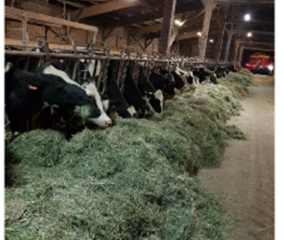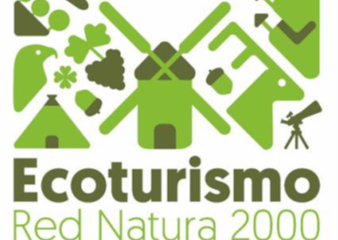France
Introduction
The Breton Seed adventure begins in 2015 when we discover, roasted barley malt, this taste treasure! Wanting to offer an organic and local alternative to decaffeinated, we wanted to create an original recipe.
The company has been named “Skiant Vat,” literally “common sense” in the Breton language, to offer a local coffee substitute. Since global warming is not yet significant enough to allow the local cultivation of coffee in Brittany, it has been necessary to switch to other products.
Since then, ideas have flared up and a range of gourmet seeds have sprung up. Today, Breton Seed offers a multitude of recipes: Barley, roasted barley malt, Sobacha, buckwheat infusion, chewable seeds, to be enjoyed as an aperitif and cooked to add a touch of originality to your favorite dishes.
More recently, new products have emerged, such as an Orzo Breton or even blends of varieties, to offer precise blends of taste!
Presentation of the project
The aim is to relocate locally products from far away to produce products from local agricultural sectors in Pays de Saint-Brieuc.
Our company aims to help consumers reduce their carbon footprint through their daily food purchases. For example, few people know that 95% of the patties are made from Chinese buckwheat, because farmers in Brittany have stopped growing it because of low wages. What is an aberration for a flagship product of Breton culture…
To make the project viable, it was necessary to work with local producers by creating a framework for sustainable partnership conditions and sustainable development of local supply chains:
– Greater use of raw materials through the creation of innovative products with high added value
– Fair price set by the producer, accepted by the company without any negotiation
– Transparency by indicating our margin to the producer to whom we transmit the selling price of the final product
– Choice of producers based on their practice and their positive impact on biodiversity for a sustainable local sector (e.g. La Malterie à Ploeuc l’Hermitage for its work on water sanitation; the use of barley for its positive effects on the reduction of nitrogen levels in the tablecloths as part of a first project on the development of a barley-based digestive drink)
Once the framework was set up to encourage the emergence of local solutions, we focused on creating innovative products such as:
– Sobacha: preparation of seeds originally from Japan but adapted to Breton cultivation for consumption in the form of infusion or pleasure for cooking. We have set up a partnership with Les Greniers Bio d’Armorique for supply, then we manage the mucilage extraction, seed rinsing, drying and roasting stages. In addition to a price rising from €110 per kg to €40 per kg, the effects of the relocation of these seeds are multiple: lower environmental and economic costs of transport, outlets and remuneration for superior local producers.
The products developed involve a specific variety of buckwheat (husking seed) that was not cultivated in Pays de Saint-Brieuc, so the company took contact with the GBA (Armor organic breadbasket) to find producers as close as possible to the place where our products are produced.
Our long-term ambition is, as far as possible, to contribute to the relocation of buckwheat production on the territory.
The LEADER program provided support for the project owner in structuring his project (financing plan, framing, assistance in applying for other funds), as well as financing part of the machinery, one year’s rent and the marketing necessary to launch a business to establish itself locally.
The emblematic character of the project
Our 2014-2022 application focused on two main areas: creating links (for the youngest, the least young and the intergenerational) and enhancing local resources. While the first point has been more than requested, it has proved more complex to find projects that make use of local resources, while respecting the LEADER fundamentals.
Thus, the project presented above is one of our rare gems. With the will of local manufacture all the cereals come from historic Brittany. Roasting is done by hand in their E+/ C- eco-workshop, under the watchful eye of Yoann Gouery. To complete their local and committed production process, the packaging and labeling of Graine De Breton products are carried out by ESAT d’Hillion. In order to minimize the environmental footprint, they use photovoltaic panels to heat and light the premises. The rest of the electricity generation is provided by Enercoop, a company committed to clean and cooperative energy.
The LAG was also committed to the project’s ecological beliefs. Thus, for the couple, producing in organic and local agriculture was a no-brainer. For them, this was not mere posturing, but concrete action in line with their values.
Barley coffee is not a substitute for classic coffee, but a real alternative produced here in Brittany, respecting the land and people. Their DNA? “Manufacturing ICI products from ICI agricultural sectors”.
Thus, this model project responds to several problems that the LAG had targeted, such as environmental problems (via local production or nitrogen capture that makes it possible to partly respond to a local problem) or societal problems, by integrating a plurality of actors (ESAT for packaging, or other companies that now buy the seeds from Yoann in order to transform them into their products, such as butter).
The project as such is not intended to be transferred to other LAGs, but the philosophy is yes: “Consuming local alternatives that meet the social and ecological challenges of today and tomorrow, these are your aspirations, these are our convictions”.
Pictures

SKIANT VAT
Pays de Saint-Brieuc
Bretagne

